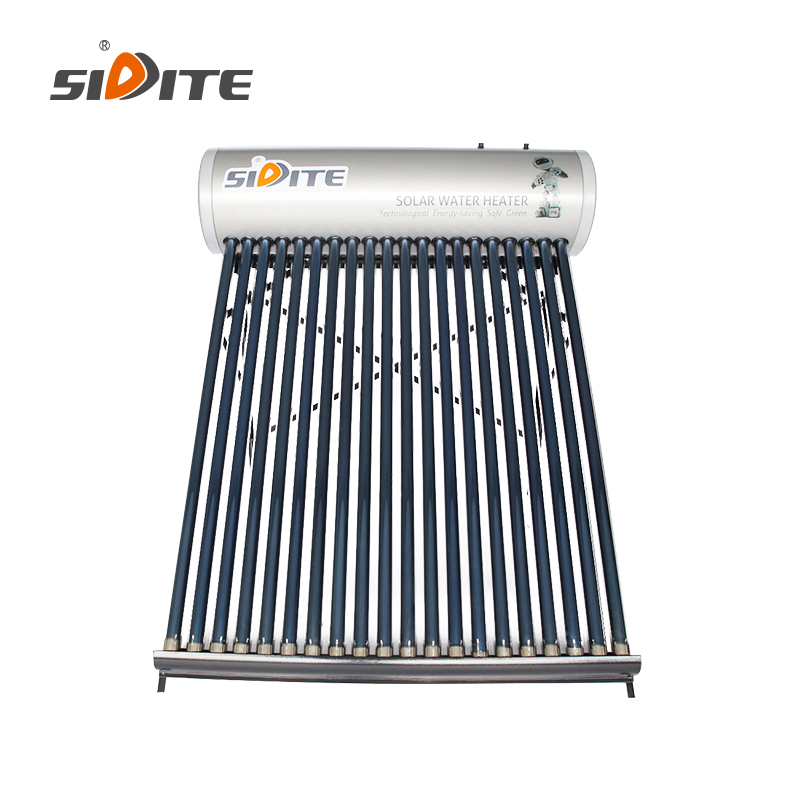Solar Water Heaters: Types, Uses and Benefits
Harnessing the power of the sun to heat water is an environmentally friendly and cost-effective solution. Solar water heaters, in this regard, have gained significant traction in recent years. They come in a variety of types, each with its own advantages, and cater to a range of uses. This guide will provide a comprehensive overview of the types, uses, and benefits of solar water heaters.
Types of Solar Water Heaters
Solar water heaters primarily come in two types: Active and Passive systems.
Active Solar Water Heaters use pumps and controllers to circulate water or a heat-transfer fluid from the collectors to a storage tank. They are further classified into two types:
Direct circulation systems circulate household water through the collectors and into the home. They work best in regions where it seldom freezes.
Indirect circulation systems use a non-freezing, heat-transfer fluid through the collectors and a heat exchanger. This heats the water that flows into the home, making these systems better suited for freezing temperatures.
Passive Solar Water Heaters do not require pumps and controllers, making them generally more reliable, easier to maintain, and potentially longer-lasting. They also come in two types:
Integral collector-storage passive systems work best in areas where temperatures rarely fall below freezing. They are excellent for households with significant daytime and evening hot water needs.
Thermosyphon systems rely on warm water rising, a phenomenon known as natural convection, to circulate water through the collectors and into the tank. The tank needs to be installed above the collector, and these systems are very reliable.
Uses of Solar Water Heaters
Solar water heaters have versatile applications, including:
Residential Use: They can provide hot water for daily household needs, including cooking, cleaning, and bathing.
Commercial Use: Businesses, schools, and other commercial facilities can use solar water heating to reduce their energy costs and carbon footprint.
Industrial Use: In industries that require significant amounts of hot water, such as food processing or manufacturing, solar water heaters can be a cost-effective solution.
Benefits of Solar Water Heaters
Energy Savings: Solar water heaters use the sun's energy, a free and inexhaustible resource, resulting in substantial energy savings and lower utility bills.
Environmentally Friendly: They reduce the reliance on fossil fuels and decrease greenhouse gas emissions, contributing to a sustainable and greener environment.
Long-Term Investment: Though the initial investment might be higher, solar water heaters pay for themselves over time through energy savings. They typically have a lifespan of 20-25 years, making them a wise long-term investment.
Energy Independence: They reduce your dependence on the grid, providing a level of energy security.
In conclusion, solar water heaters provide an excellent alternative to traditional water heating methods. By understanding the different types, uses, and benefits, you can make an informed decision about whether a solar water heater is the right fit for your home or business.
